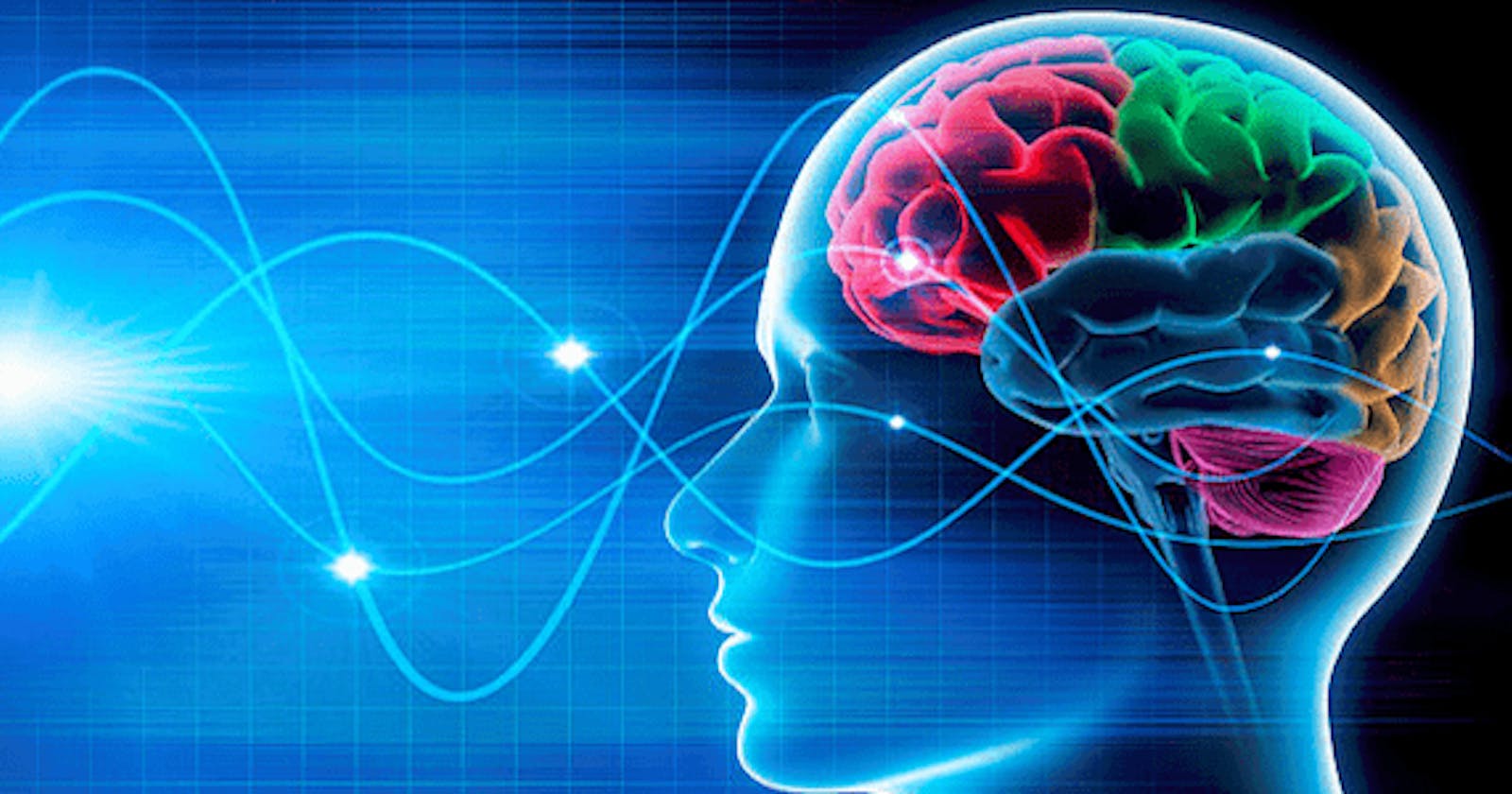Once I heard, you are a new person every time you learn a new skill. And I wondered what it means.
Let's take an example:
When you first started learning something new(maybe driving), you thought it would be pretty hard. But as you practiced more and more, you got your head around it and you had a good time adapting the skill.
How does it happen?
Our brain constantly adapts through a lifetime, though sometimes over a critical, genetically determined period. Like a physical muscle, the brain gets stronger the more you use it. The brain is a 'pattern seeking' device. When the neurons in your brain are activated in a particular pattern, it's faster and easier for your brain to follow that same pattern in the future.
Learning and new experiences cause new neural pathways and repeating causes strengthening whereas infrequently used become weak and eventually die(synaptic pruning).
The creation and destruction of neural pathways can be explained using Neuroplasticity. It is the capacity of neurons and neural networks in the brain to change their connections and behavior in response to new information, sensory stimulation, development, damage, or dysfunction. It underlines the capacity for learning and memory, and it enables mental and behavioral flexibility.
For a long time, it was believed that as we aged, the connections in the brain became fixed, and then simply faded. Research has shown that in fact the brain never stops changing through learning. Plasticity is the capacity of the brain to change with learning. Changes associated with learning to occur mostly at the level of connections between neurons: New connections form and the internal structure of the existing synapses change.
Neuroplasticity occurs in the brain throughout a lifetime:
1- At the beginning of life: when the immature brain organizes itself.
2- In case of brain injury: to compensate for lost functions or maximize remaining functions.
3- Through adulthood: whenever something new is learned and memorized
Fundamentally, the nervous system needs to rearrange itself in order to adapt to the unfolding situation it faces. The genes program the body to have neuroplasticity so that animals can survive in an unpredictable environment.
